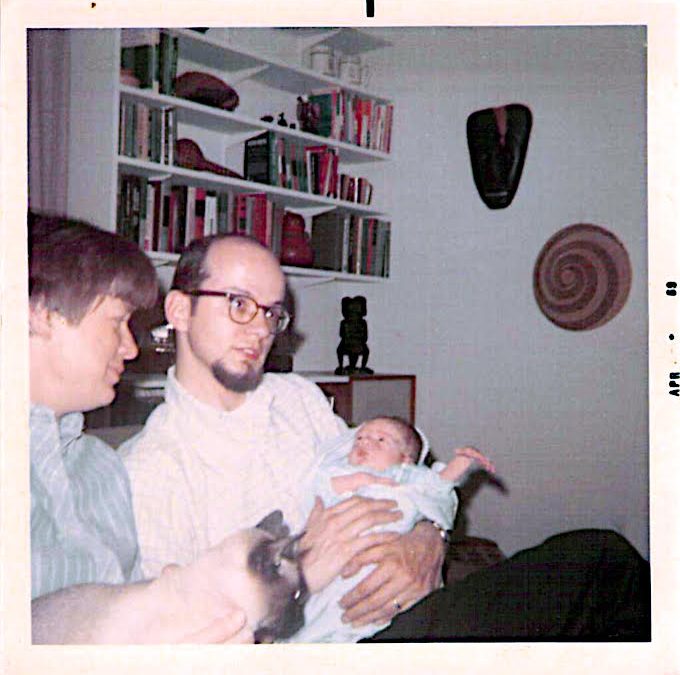From the moment they are born, babies are learning about the world around them. The five senses — taste, touch, smell, sight, and hearing — play a crucial role in their brain development. Parents and caregivers can help support the early stages of human development by introducing their baby to age-appropriate sensory experiences.
What Are Sensory Experiences
Sensory experiences are activities that encourage babies to use their five senses to learn about something. As babies explore and interact with things around them, their brains begin to make connections that they will then use in future interactions as they get older. The more diverse sensory experiences young infants are exposed to, the more likely they are to thrive in different learning environments as they get older.
Age-Appropriate Sensory Experiences
As beneficial as sensory experiences are, exposing babies to too much at a young age can actually have a negative impact on their growth and development. If a sensory experience is too stimulating, they may shy away from similar activities in the future. Parents and caregivers should stick with age-appropriate activities, such as:
- 0 to 3 months: gentle massage, singing lullabies, reading stories, a movement like bouncing or swinging, colorful hanging toys like a mobile or play gym, toys with a variety of textures and sounds that they can easily grasp.
- 3 to 6 months: introducing pureed foods and cereals, encouraging tummy time and rolling from front to back and back to front, singing and talking, more interactive toys that have sound and different textures.
- 6 to 9 months: playing fun games on the floor that encourage sitting up and crawling such as peek-a-boo or follow the leader, going for a walk or blowing bubbles outdoors, singing songs that involve rhyming.
- 9 to 12 months: play that encourages movement like crawling and walking, enjoying time at the playground, exposing them to a variety of textures like grass, sand, water, shaving cream, paint, and play-dough.
How Parents Play A Role
Babies learn primarily from their parents. First-hand experiences are much more beneficial than watching television. (The American Academy of Pediatrics says children less than 18 months should have no screen time other than video chats until over 18 months.) Interacting often throughout the day with an infant is the best way to expose them to sensory experiences. It gives them the greatest chance at success in the future.
